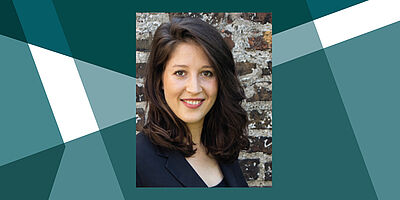The Cluster of Excellence CASA "Cyber Security in the Age of Large-Scale Adversaries" invites you to the workshop.
"Everyday Sexism and Sexualized Violence – Effects and How to Deal With It" am 22. November
Like many other fields, the academic environment is also marked by power structures. Especially in male-dominated fields, women and people who identify as non-male have similar, discriminatory and potentially violent experiences. This workshop offers an entry point into reflective engagement with sexism and sexualized violence. In doing so, we ask ourselves what our gender means in our work and how we can act in a self-empowering way. It is also about actively strengthening our own perspective and our networks and critically dealing with powerful structures. The focus is on exchange, clarification of questions and the development of empowering strategies for action. The workshop is aimed at women or anyone who identifies as non-male from Computer Science and IT Security (B.Sc., M.Sc., PhD, PostDoc).
No prior knowledge is necessary.
WHEN: 22 November 2022, 10:00 am – 4:00 pm (10:00 – 16:00 Uhr), incl. lunch break
WHERE: UFO (Uni-Forum-Ost), RUB, Querenburger Höhe 283, 44801 Bochum, Room 0/08
LANGUAGE: English or German (based on the group’s preference)
HOW TO PARTICIPATE: Please register by writing an e-mail to Marieke Dohrmann, saying which language you prefer the workshop to be in: English or German.
There are available spots for max. 15 participants.
Facilitator: Sophie Irmey (she/her) is a social scientist and freelance trainer for antidiscrimination and diversity. In her work as an anti-discrimination officer, she has advised university staff at the TH Köln in cases of discrimination. In her trainings she focuses on gender and racism as well as on the own reflection and entanglements in powerfull systems in order to then jointly develop strategies for action. Sophie Irmey works with different target groups and teams who want to deal with discrimination and their own positioning (NDR, Aidshilfe NRW, VW, German UNESCO).
General note: In case of using gender-assigning attributes we include all those who consider themselves in this gender regardless of their own biological sex.


